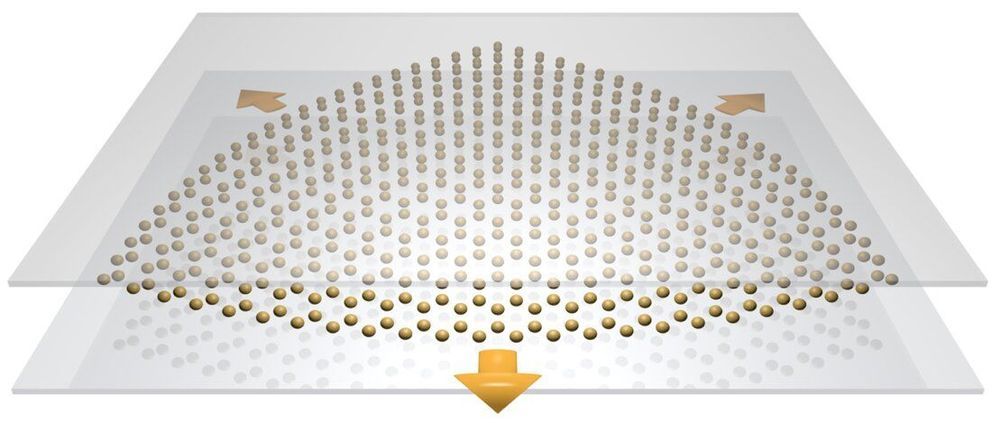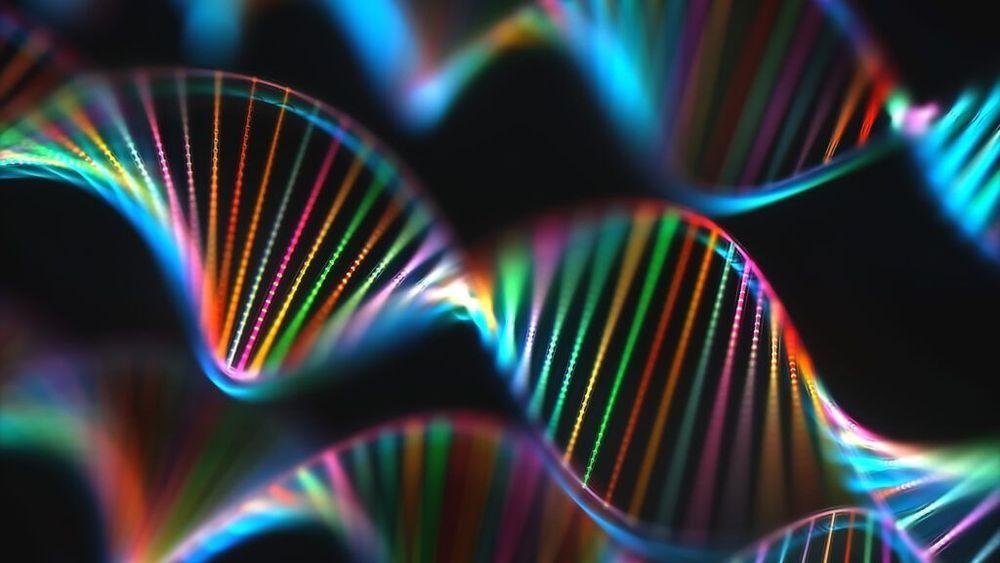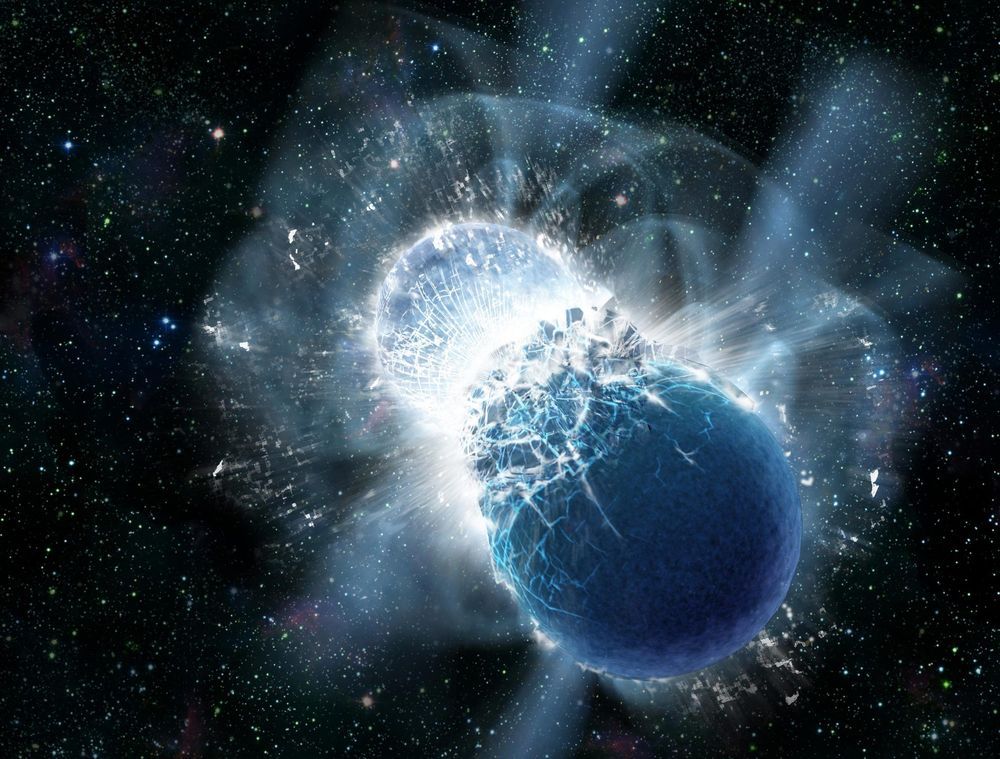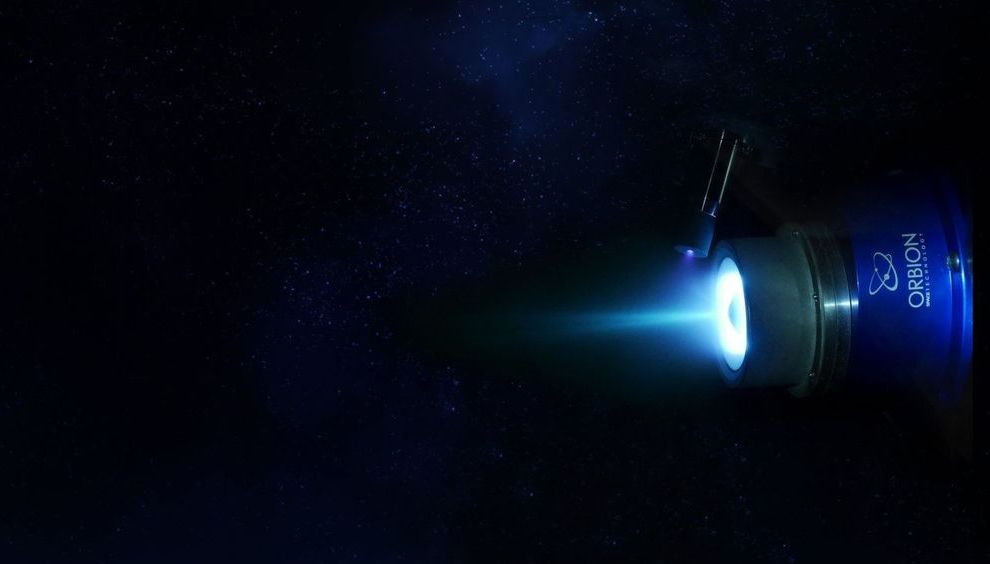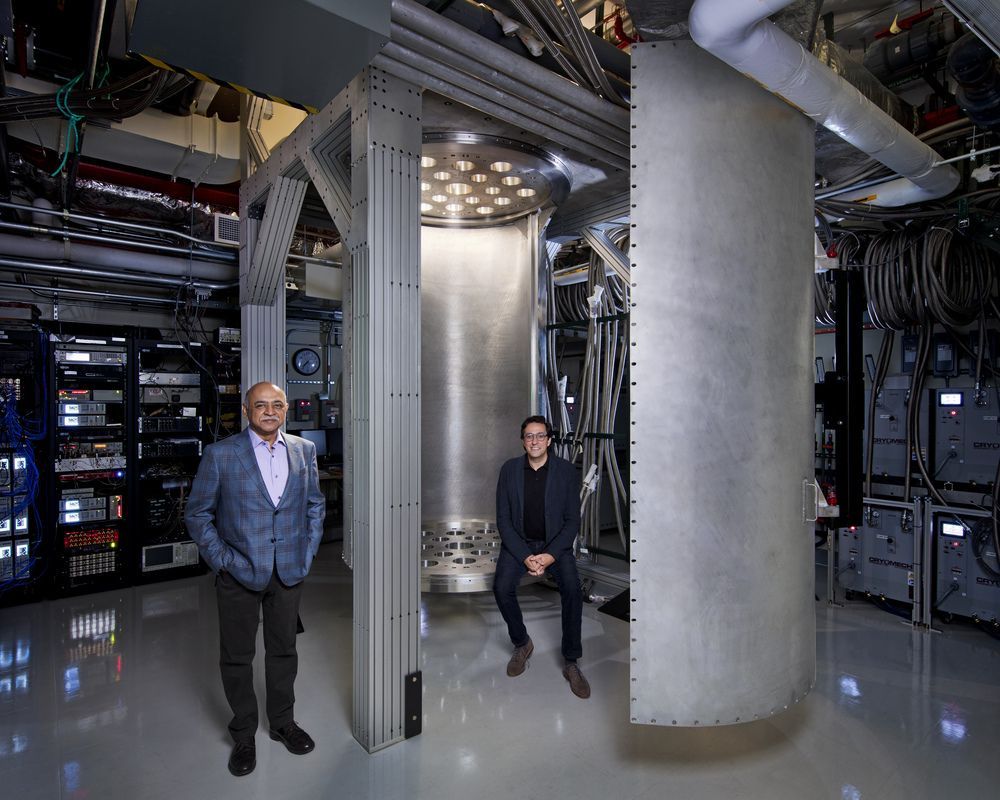Scientists have discovered an elegant way of manipulating light using a ‘synthetic’ Lorentz force—which in nature is responsible for many fascinating phenomena including the Aurora Borealis.
A team of theoretical physicists from the University of Exeter has pioneered a new technique to create tuneable artificial magnetic fields, which enable photons to mimic the dynamics of charged particles in real magnetic fields.
The team believe the new research, published in leading journal Nature Photonics, could have important implications for future photonic devices as it provides a novel way of manipulating light below the diffraction limit.
